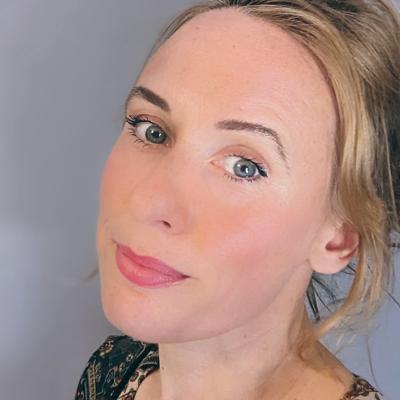Development Studies Immersion Programme

Key information
- Start date
- End date
- Year of study
- Year 3
- Duration
- Term 1
- Module code
- 151010053
- FHEQ Level
- 6
- Credits
- 60
- Department
- Department of Development Studies
Module overview
ACICIS’ Development Studies Immersion Program (DSIP) is a semester-long community development study program hosted by Gadjah Mada University (UGM) in Yogyakarta, Indonesia. This program allows participants to gain valuable ‘hands-on’ experience in the field of international development through frontline community development projects.
The DSIP offers students the opportunity to undertake either an eight-week community development fieldwork module known as ‘Student Community Service (SCS)’, or an eight-week professional development placement with a local community-based organisation, as part of their semester in Yogyakarta.
Student Community Service (SCS) is a two-month module designed and managed in partnership with UGM’s Institute for Research and Community Services (LPPM) which sees students living and working in rural locations around the Yogyakarta area while designing and working on grassroots, community development projects.
The DSIP Development Placement is a two-month professional placement conducted in partnership with local NGOs, community-based organisations and government agencies in Yogyakarta. The Development Placement offers students the chance to apply theoretical development knowledge in real life professional contexts while fostering important practical skills in advocacy, public relations, administration, research, and monitoring and evaluation.
The DSIP has been designed for students with no existing Indonesian language skills; however, students with existing language skills are welcome to participate.
Objectives and learning outcomes of the module
On successful completion of this module a student will be able to:
- Apply their academic knowledge and skills within a community development setting in Indonesia;
- Critically reflect and report on their experience in the rural community or Host Organisation workplace and relate this to development theory;
- Understand the activities and processes of their SCS development project(s) or Host Organisation, and contextualise their project(s) or Host Organisation within Indonesia’s development sector;
- Perform tasks set by their SCS academic supervisor or Host Organisation mentor to a satisfactory standard, and make a positive contribution to achieving the goals of their SCS development project(s) or Host Organisation;
- Demonstrate sound cross-cultural communication skills, flexibility, resourcefulness, ability to work as part of a team, and time management skills; and
- Respect diversity in a range of academic, professional and community environments
Scope and syllabus
The DSIP runs from August to December. The structure of the semester-long program is as follows:
- Six weeks of Indonesian language classes and coursework at Gadjah Mada University (UGM). Classes are scheduled from Monday-Thursday, between 9am and 4pm;
Concurrent with:
- A seminar series on contemporary development issues in Indonesia facilitated by local practitioners and experts in the field of development studies;
Followed by:
- Eight weeks of either a Student Community Service (SCS) project OR a DSIP Development Placement.
Method of assessment
100% coursework. Each student will be required to submit:
- Indonesian Language Class (30%)
- Seminars and fieldtrips (10%)
- Research essay, 2000 words (20%)
- Student Community Service (SCS) or DSIP Development Placement (30%)
- Final presentation (10%)
Suggested reading
- Hadiz, V 2010, Localising Power in Post-Authoritarian Indonesia: A Southeast Asia Perspective. Chapter 1, Decentralisation, Development and Democracy. Stanford University Press, Stanford.
- Ife, J 2009, Human Rights from Below: Achieving rights through community development. Cambridge University Press, Cambridge.
Disclaimer
Important notice regarding changes to programmes and modules



